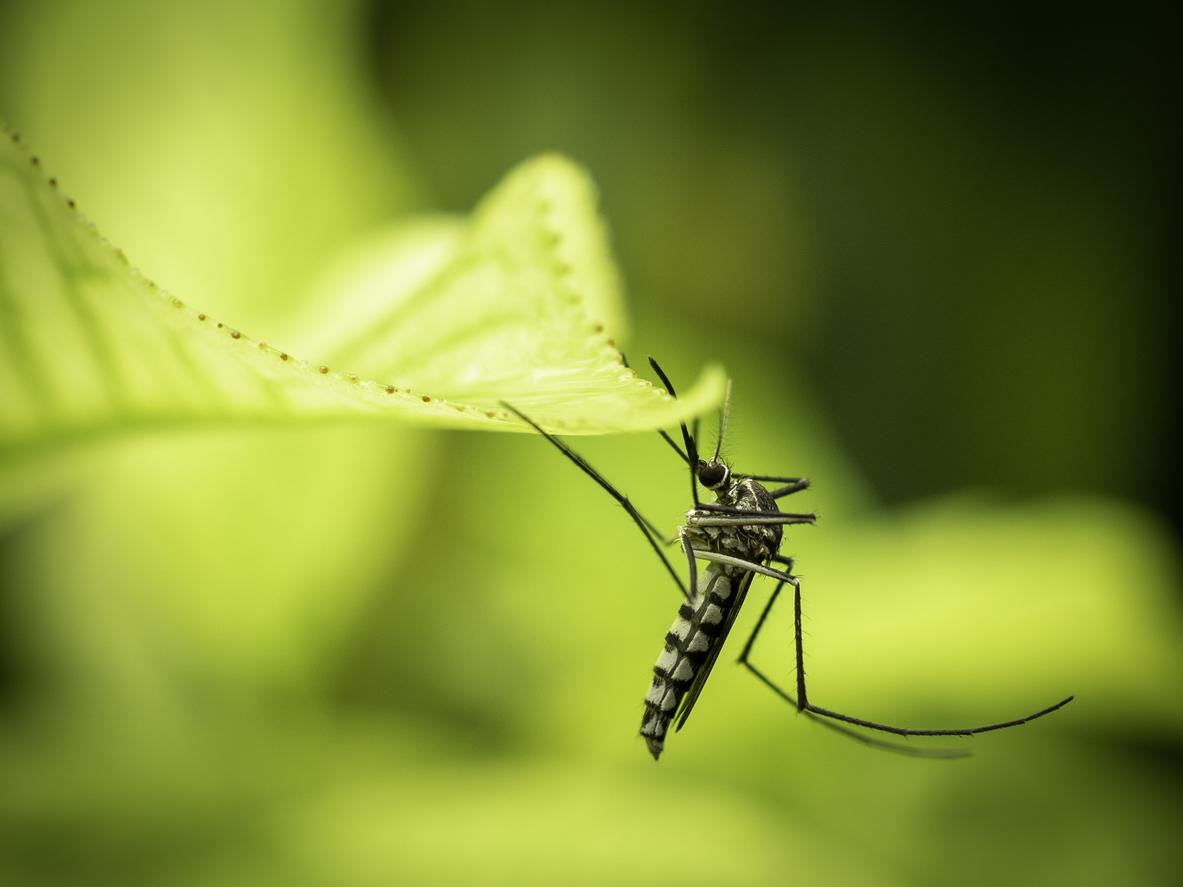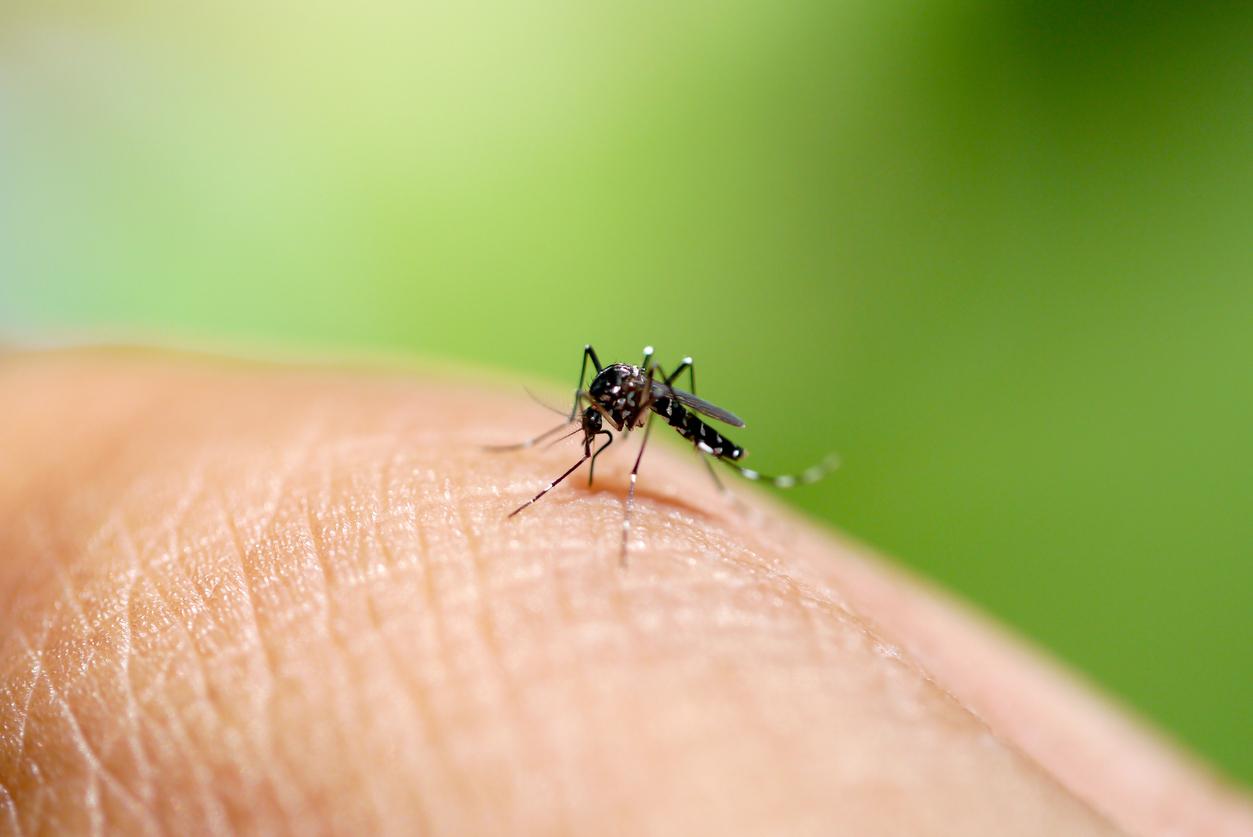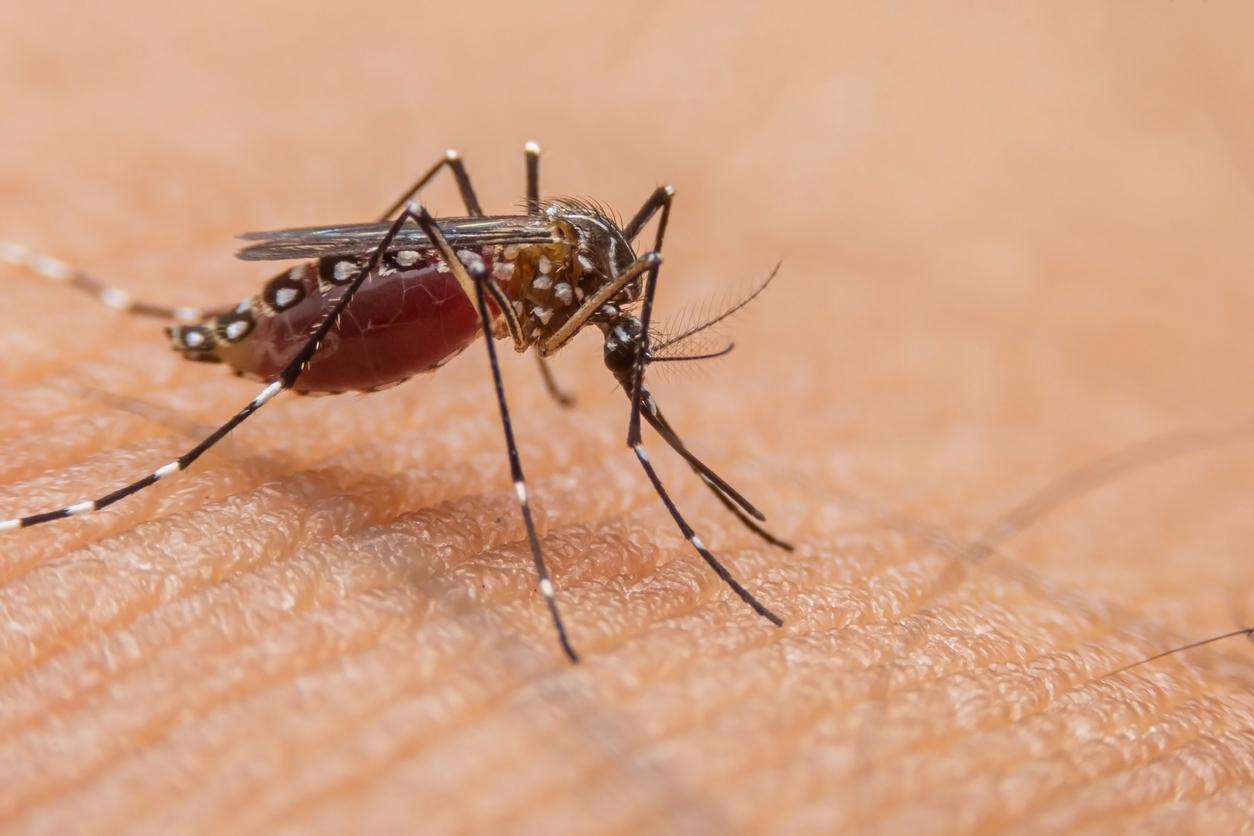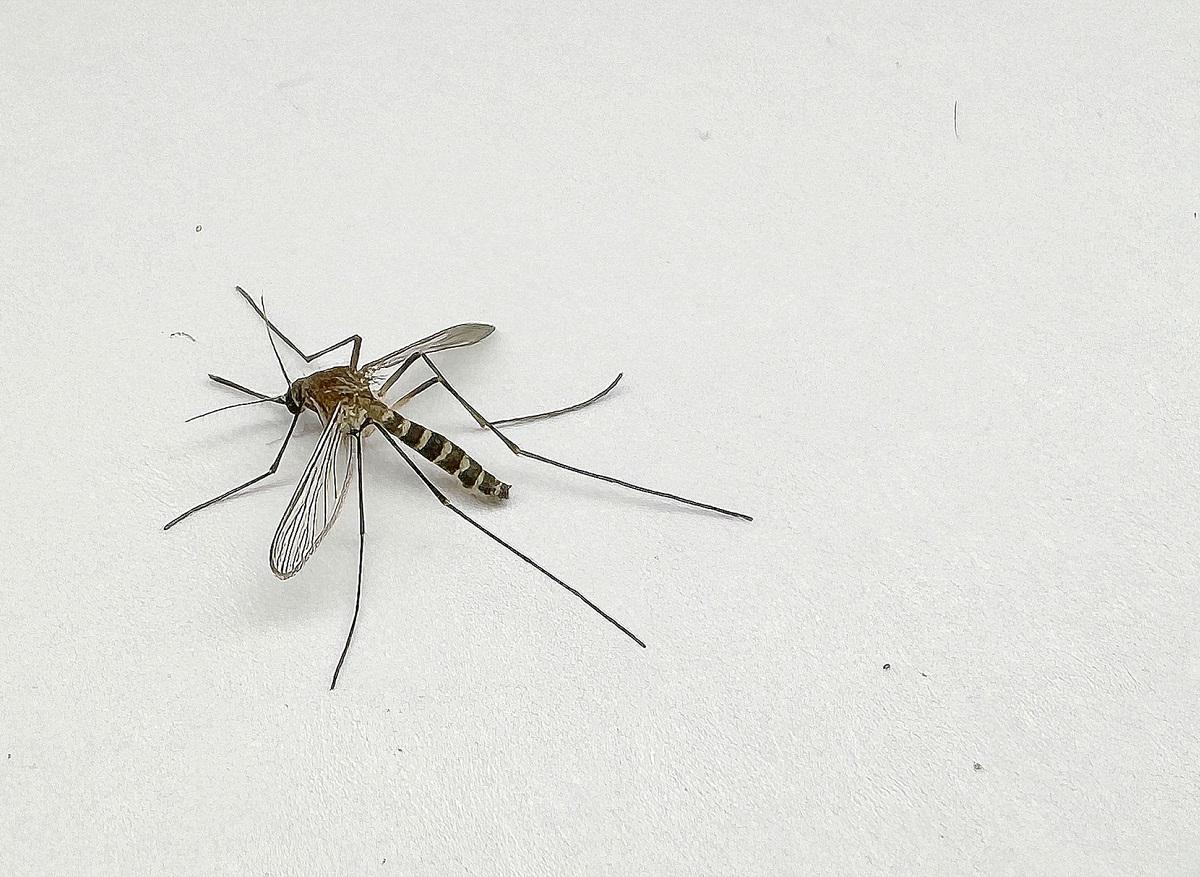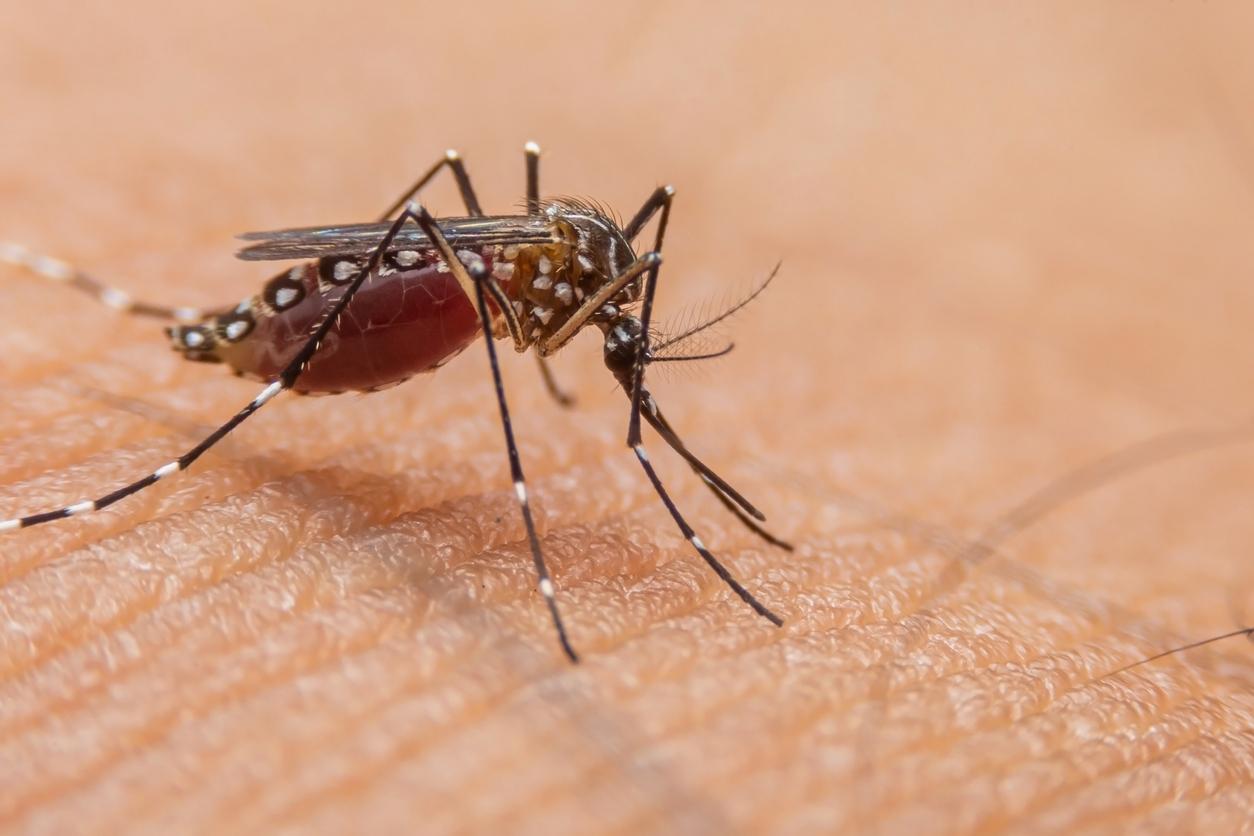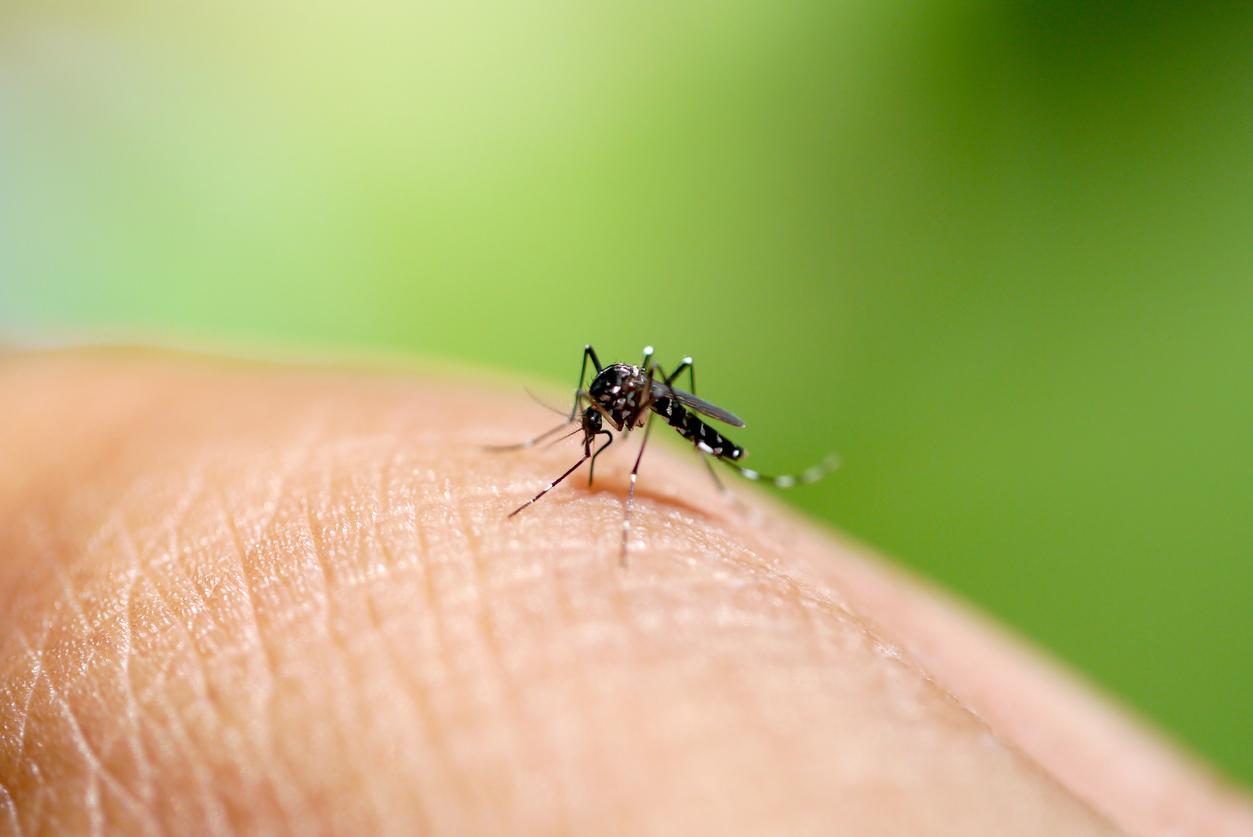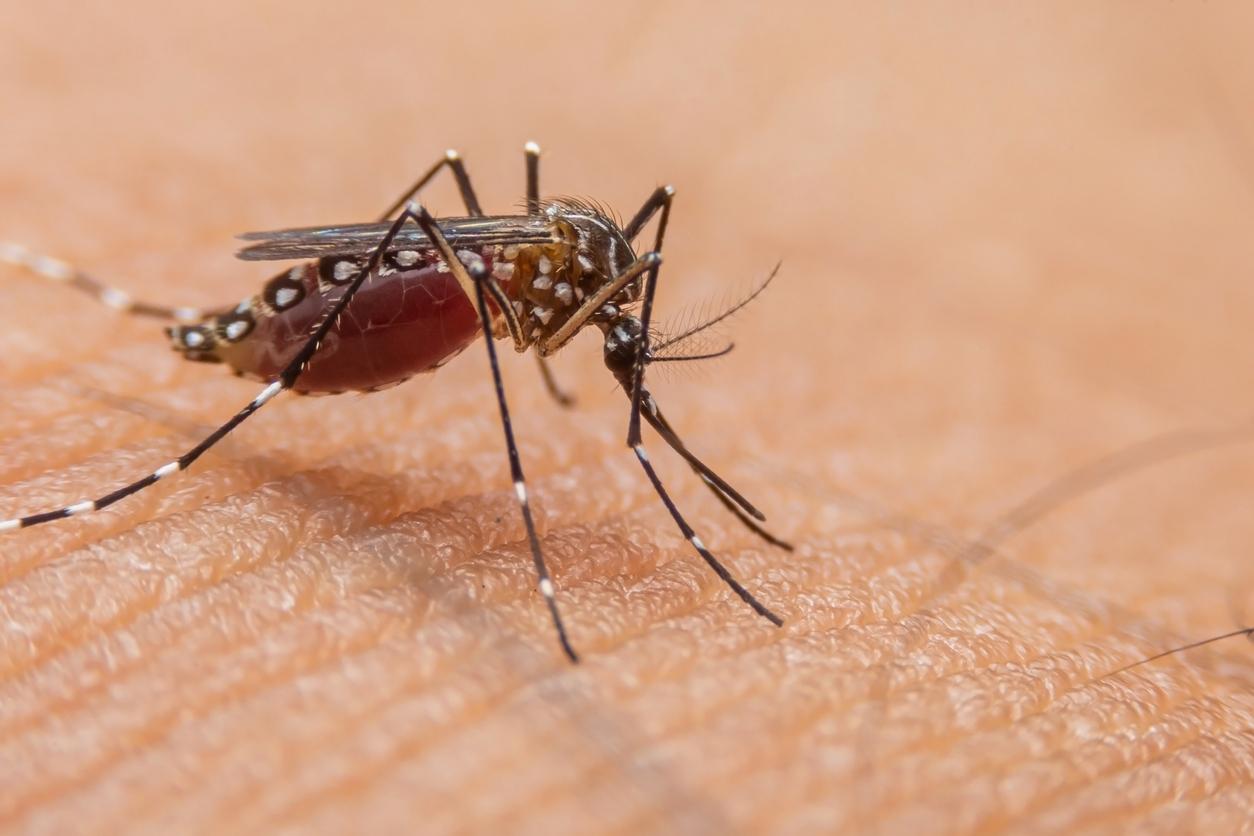The dengue epidemic, which broke out on February 22 in New Caledonia, claimed a first victim, the local government announced on Thursday. With what consequences?
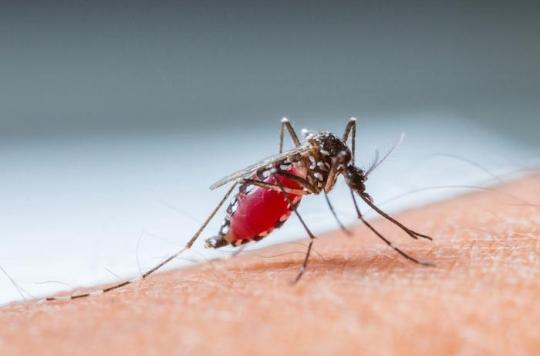
In a somewhat schematic way, we could say that dengue is a “tropical flu”. This is also how it has been described for more than three hundred years because it is not a new disease!
You can have dengue fever within 4-7 days of a mosquito bite.
Who says influenza probably says fever, with an incubation period which, for this disease, is 2 to 7 days. The fever is very high. After 3 to 4 days, a brief remission is observed, then the symptoms intensify – hemorrhages in the eyes, nosebleeds or bruises – bruises – can occur… All these symptoms will regress, quite quickly after a week. We can then speak of healing, after a convalescence of a fortnight.
Most cases of dengue are not dangerous. But it is very unpleasant to bear. Like the flu, the real one.
A woman has just died.
There are, in fact, cases which are complicated, as with the flu (which kills 4 to 5000 French people each year). In dengue, in 1% of cases, it is a hemorrhagic form; and there it is very serious. The fever persists with multiple hemorrhages, including from the intestines, skin and brain.
Again, most of the time, healing can be rapid, complete and without sequelae. Fortunately, moreover, because 1% is a lot of people; but, in children under fifteen and in the elderly or in poor general health, a state of shock may set in, with coldness, wetness of the skin and imperceptible pulse signaling circulation failure. The person is restless and complains of abdominal pain. She is at risk of death within hours if not infused.
Simple processing
Dengue can be treated with paracetamol. Abundant drinks and rest… Today, there is no specific treatment or vaccine to fight this disease. The last attempt even ended with the start of a controversy, faced with the failure of tests for its dengue vaccine, Sanofi Pasteur decided to reimburse the Philippine government for the unused doses.
The only existing means of control are to try to eradicate mosquitoes in the affected areas and to protect it individually from mosquito bites. There are no quick fixes other than mosquito nets and smoke bombs.
When you have had dengue, you are not immune. There are four different viruses that can cause dengue fever, which means a person can get the disease four times. No more … And that also explains why a vaccine is difficult to develop … Not to mention that it affects countries that are not really rich; But that’s another subject.
An epidemic in metropolitan France?
Dengue is caused by a virus, which is inoculated in humans by the bite of an infected mosquito. Mosquitoes do not take the plane, we cannot reject the scenario of a patient who took the plane and who arrived in France was bitten by a mosquito and contaminated it… Because it exists uncontaminated mosquitoes, such as uncontaminated humans. It is a chain: the mosquito bites a patient; he contaminates himself then bites another unharmed person and passes the disease to him.
This means that dengue mosquitoes live in France, in the south, which is also where cases were located a few years ago.
Nothing comparable to what happened in the West Indies and Guyana in 2010: Nearly 40,000 patients with mostly deaths.
In the event of travel to New Caledonia.
The recommendation for those who have to go to New Caledonia, but also to all countries where Dengue is rife, to these destinations, Antilles Guyana but also Reunion with regard to France, must take all the necessary precautions to avoid contracting the disease. disease and thus limit its spread.
Dengue haemorrhagic fever had disappeared for 15 years and then reappeared in 1996 in Cuba. The severe forms of dengue are on the rise in the intertropical regions with more than 100 million annual cases and between 20 and 50,000 deaths, particularly in pre-adolescents. Most dengue epidemics are urban. The sudden resurgence of dengue fever, especially in Latin America and the Caribbean, seems to be largely due to the poor application of programs to eradicate the mosquito vector in this region of the world. Population growth, uncontrolled urbanization, natural disasters and impoverishment are involved, and this disease has a significant economic impact.
.







